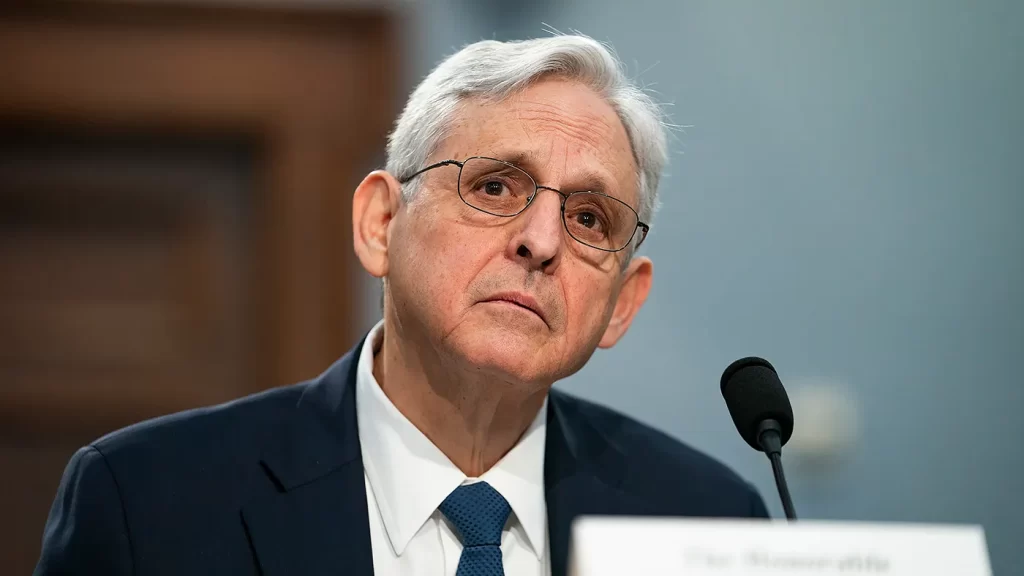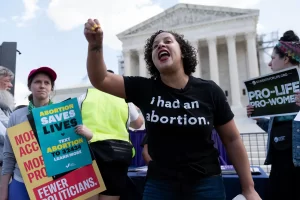
Attorney General Merrick Garland
House Republicans voted on Wednesday to hold Attorney General Merrick Garland in contempt of Congress, marking a significant escalation in their broader campaign against the Biden administration’s Justice Department.
The vote in the lower chamber, split along party lines with a tally of 216-207, cited Garland’s withholding of the audio recording of President Joe Biden’s interview with special counsel Robert Hur regarding mishandling of classified documents. Garland now becomes the third attorney general in U.S. history to face contempt proceedings.
Representative David Joyce, the sole Republican to dissent from his party, expressed his reservations, stating, “As a former prosecutor, I cannot in good conscience support a resolution that would further politicize our judicial system to score political points.”
The resolution also includes a referral to the U.S. attorney for the District of Columbia for potential criminal prosecution, although this outcome is highly unlikely. Instead, Republican lawmakers anticipate a protracted legal battle with the Justice Department to obtain the recordings.
Despite the narrow majority held by Republicans in the House, where only a few defections can sway outcomes, there was apprehension among lawmakers about the success of the contempt effort. The vote had been scheduled, but Republican leaders retained the option to withdraw the resolution to avoid a public defeat if support wavered.
Last month, contempt resolutions had advanced from the House Oversight and Judiciary committees. Earlier hesitations from moderate GOP members about challenging the justice system had caused leadership to delay a full contempt vote. This move came amid ongoing Republican criticism of New York prosecutors following former President Donald Trump’s conviction in a hush money trial.
House Republicans, led by Representatives James Comer of Kentucky and Jim Jordan of Ohio, have pursued Biden’s interview audio to bolster their impeachment inquiry, arguing it is crucial despite the Justice Department’s refusal to release it. Officials contend they have already shared the interview transcript and other pertinent documents from the investigation.
The Justice Department has defended its decision, citing risks to future investigations if interview subjects fear public release of their statements. President Biden recently invoked executive privilege over the audio recordings to further safeguard them, a move supported by the Justice Department’s Office of Legal Counsel.
Democratic lawmakers, echoing the Justice Department’s stance, have dismissed Republican claims that the audio could substantiate allegations of presidential misconduct related to his family’s business dealings.






